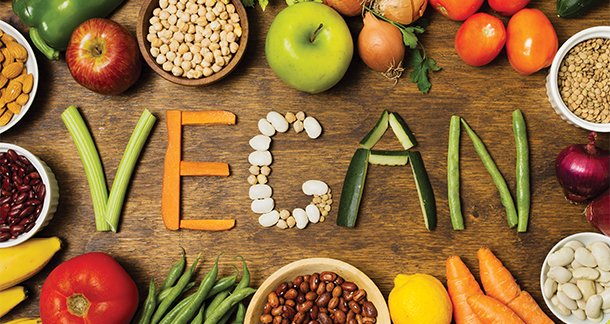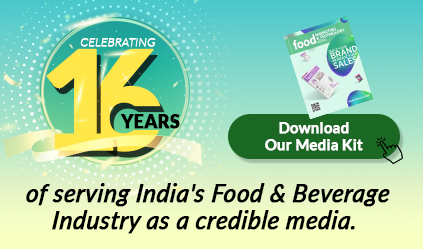The Surge of Vegan Nutrition – An Expanding Market
Recently, veganism has evolved from a niche dietary option into a significant global phenomenon. Whether motivated by health, environmental issues, or animal rights, millions are transitioning to a plant-based lifestyle. As this trend expands, so do the business prospects related to vegan nutrition – including food and drink products, supplements, ready-to-eat meals, and wellness coaching.
Global Shift Towards Plant-Based Lifestyles
As reported by Bloomberg Intelligence in 2023, the worldwide market for plant-based foods is expected to exceed $160 billion by 2030. The variety available is rapidly increasing, ranging from vegan burgers and dairy-free milks to plant-derived protein powders. Social media, endorsements from celebrities, and documentaries such as The Game Changers and What the Health have significantly influenced consumer decisions.
However, alongside this growth, consumers are becoming more discerning and thoughtful. Labels like “vegan,” “plant-based,” or “organic” are no longer sufficient. Individuals now seek clarity, nutritional reassurance, and direction. This is where the knowledge of qualified dietitians becomes crucial and indispensable.
Consumer Expectations Are Changing
Shoppers seek more than just fashionable items – they desire real outcomes. Be it shedding pounds, enhancing digestion, controlling PCOS, or gaining muscle on a plant-centered diet, individuals require organized assistance. Vegan products can reach a limit without adequate nutritional knowledge and customization. This is precisely where the partnership between companies and dietitians can enhance customer satisfaction and foster business development.
Where Brands and Dietitians Intersect?
The Role of Dietitians in the Vegan Economy
Dietitians provide credibility, evidence-based guidance, and a tailored approach. Their comprehensive knowledge of nutrients, deficiencies (such as B12, iron, and protein), meal planning, and integrating lifestyle makes them excellent partners for vegan brands.
Ways in which dietitians can assist vegan companies include:
- Product Development: Aiding brands in creating nutritionally balanced offerings (like snacks, protein powders, or supplements).
- Educational Campaigns: Producing informative materials such as articles, videos, or workshops focused on plant-based nutrition.
- Customer Support: Providing consultations, developing personalized plans utilizing the brand’s products, or participating in wellness challenges.
- Scientific Backing: Supporting product claims and showcasing key benefits with research evidence.
- Influencer Marketing with Authority: Serving as brand representatives while maintaining ethical and scientific credibility.
Opportunities for Brands
Conversely, companies might empower dietitians by doing the following:
- Webinars and sponsored content.
- Offering revenue-sharing partnerships or affiliate programs.
- Providing clients with exclusive access to test new products.
- Cross-promoting the services of dietitians on their platforms.
- Collaboratively creating signature meal kits, nutritional guides, or health obstacles.
Case Study Example:
Consider a collaboration between a dietitian who focuses on women’s health and a vegan protein powder business. They combine the brand’s supplements with personalized meal plans and live webinars to create a 30-day Plant-Powered PCOS Challenge. Not only does this promote product sales, but it also fosters a devoted community based on education and trust.

The Future – Collaborative Wellness Ecosystems
The New Age of Nutrition is Collaborative
We are entering a phase where the most effective health brands are those that integrate science, personalization, and product offerings. Dietitians provide the human touch and scientific expertise that many brands often lack through their knowledge and individual client interactions.
Rather than functioning in isolation, envision a future where:
- A vegan bakery teams up with dietitians to craft gluten-free, low-sugar desserts tailored for diabetic customers.
- A vegan skincare brand works alongside dietitians to promote nutrition for improved skin health.
- Vegan cafes and dietitians partner to host community events that advocate for sustainable and nutritious eating.
Challenges to Tackle
- Ensuring genuine collaboration in partnerships (steering clear of a solely “influencer” approach).
- Closing the gap between scientific caution and marketing trends.
- Tackling issues of affordability and accessibility for widespread adoption.
Conclusion:
As we move towards mindful consumption and lifestyle choices, the convergence of business and wellness has the power to create significant change. Dietitians and vegan brands are united in their goal – to enhance health, promote sustainability, and raise awareness. By working together, they can educate, empower, and extend their influence far beyond what either could achieve independently.
This goes beyond a mere trend – it’s a movement. And working in partnership is the way forward.
About the author
Dt. Muskan Ghai
Muskan is a Dietitian at Gleuhr



